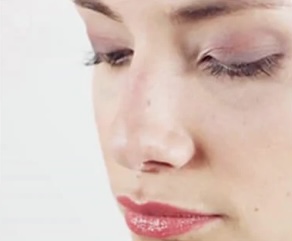Table of Contents
The Discoloration of Nails: A Sign of Underlying Health Issues?
Nails are a vital part of our overall health, and changes in their appearance can be a sign of underlying health issues. One of the most common changes people notice is discoloration of the nails. Discoloration can take many forms, including yellowing, darkening, or streaking. While some discoloration may be caused by external factors such as nail polish or exposure to chemicals, in many cases, it can be a sign of an underlying health issue. In this article, we will explore the different types of nail discoloration and the potential health issues they may be associated with.
Causes of Nail Discoloration
Nail discoloration can be caused by a variety of factors, including:
- Age: As we age, our nails naturally become thicker and more prone to discoloration.
- Nutritional deficiencies: Deficiencies in vitamins and minerals such as biotin, vitamin B12, and iron can cause nail discoloration.
- Medical conditions: Certain medical conditions, such as diabetes, liver or kidney disease, and thyroid disorders, can cause changes in nail color.
- Medications: Certain medications, such as antibiotics and antifungal medications, can cause nail discoloration.
- Environmental factors: Exposure to chemicals, such as those found in cleaning products or pesticides, can cause nail discoloration.
Types of Nail Discoloration
There are several types of nail discoloration, including:
Yellowing
Yellowing of the nails is a common condition that can be caused by a variety of factors, including:
- Nail fungus: Fungal infections can cause the nails to become yellow and brittle.
- Nutritional deficiencies: Deficiencies in vitamins and minerals such as biotin and vitamin B12 can cause yellowing of the nails.
- Smoking: Smoking can cause yellowing of the nails due to the chemicals present in tobacco smoke.
Darkening
Darkening of the nails is often a sign of an underlying health issue, including:
- Diabetes: People with diabetes may experience darkening of the nails due to changes in blood sugar levels.
- Liver or kidney disease: These conditions can cause changes in nail color, including darkening.
- Thyroid disorders: Certain thyroid disorders, such as hypothyroidism, can cause darkening of the nails.
Streaking
Streaking of the nails is often a sign of an underlying health issue, including:
- Liver or kidney disease: These conditions can cause streaking of the nails due to changes in blood flow.
- Thyroid disorders: Certain thyroid disorders, such as hypothyroidism, can cause streaking of the nails.
- Medications: Certain medications, such as those used to treat depression, can cause streaking of the nails.
Diagnosis and Treatment
If you are experiencing nail discoloration, it is important to see a doctor to determine the underlying cause. Your doctor may perform a physical examination, take a medical history, and conduct laboratory tests to determine the cause of the discoloration. Treatment will depend on the underlying cause of the discoloration, but may include:
- Nutritional supplements: If the discoloration is caused by a nutritional deficiency, your doctor may recommend supplements to correct the deficiency.
- Medications: If the discoloration is caused by a medical condition or medication, your doctor may prescribe medications to treat the underlying condition.
- Laser treatment: Laser treatment may be used to treat fungal infections or other conditions that cause nail discoloration.
Conclusion
Nail discoloration can be a sign of an underlying health issue, and it is important to see a doctor if you are experiencing changes in your nail color. By understanding the causes and types of nail discoloration, you can take steps to address the underlying issue and promote healthy nail growth. Remember, it is always better to be safe than sorry, and if you are concerned about your nail health, it is best to consult with a medical professional for a proper diagnosis and treatment plan.
Recommended Products
-
 Yoko Gold Aloe Vera Ultra Soothing Heel Cream 50gKD2.000
Yoko Gold Aloe Vera Ultra Soothing Heel Cream 50gKD2.000 -
 Yoko Cracked Heel Q10 Cream 50gKD2.500
Yoko Cracked Heel Q10 Cream 50gKD2.500 -
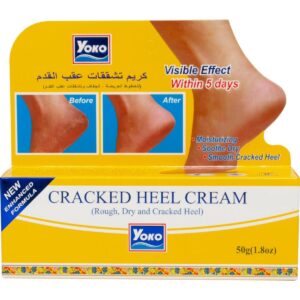 Yoko Cracked Heel Cream 50gKD2.500
Yoko Cracked Heel Cream 50gKD2.500 -
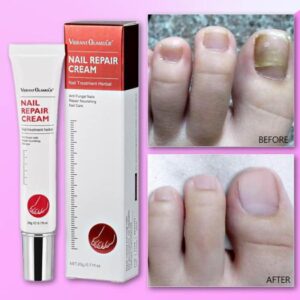 Vibrant Glamour Nail Repair Cream – Anti Fungal Nails Repair Nourishing- 20gKD7.000
Vibrant Glamour Nail Repair Cream – Anti Fungal Nails Repair Nourishing- 20gKD7.000 -
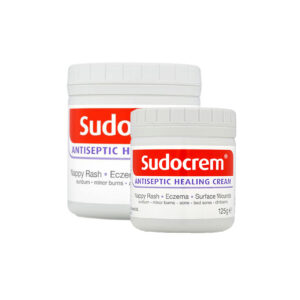 Sudocrem Antiseptic Healing CreamKD3.500 – KD5.000
Sudocrem Antiseptic Healing CreamKD3.500 – KD5.000 -
 Brilliant Skin Foot Mask 1 pair 40gKD2.000
Brilliant Skin Foot Mask 1 pair 40gKD2.000 -
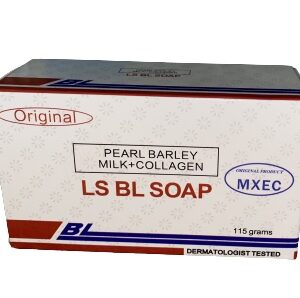 LS BL Soap 115gKD2.500
LS BL Soap 115gKD2.500 -
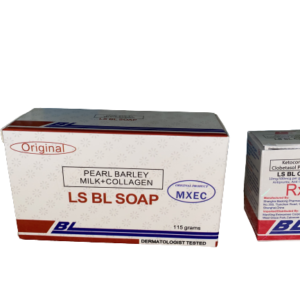 LS BL Soap And Cream ComboKD3.500
LS BL Soap And Cream ComboKD3.500 -
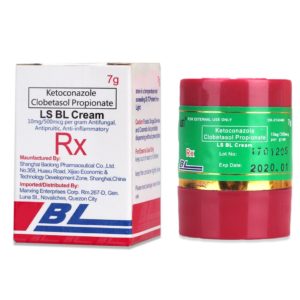 LS BL Cream 7gKD1.500
LS BL Cream 7gKD1.500


:max_bytes(150000):strip_icc():format(webp)/nail-pitting-psoriasis-91da8c37245d49f384238700c36ca22a.jpeg)

